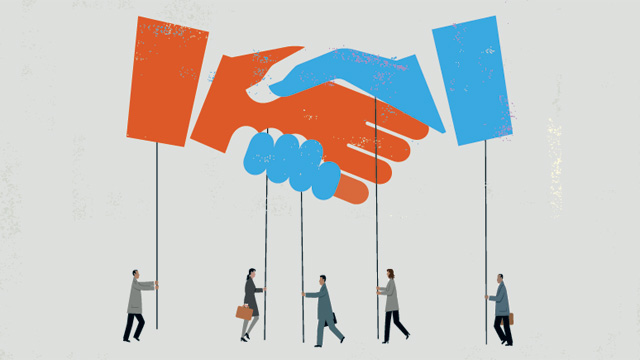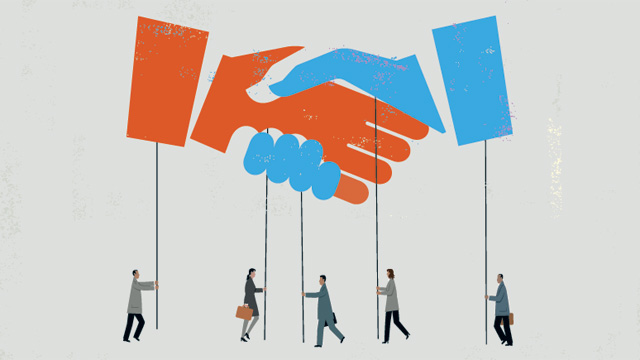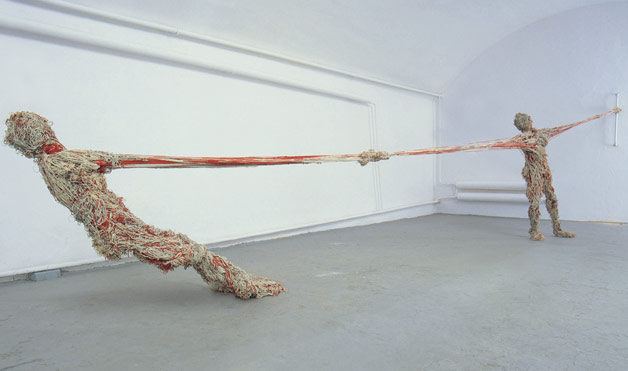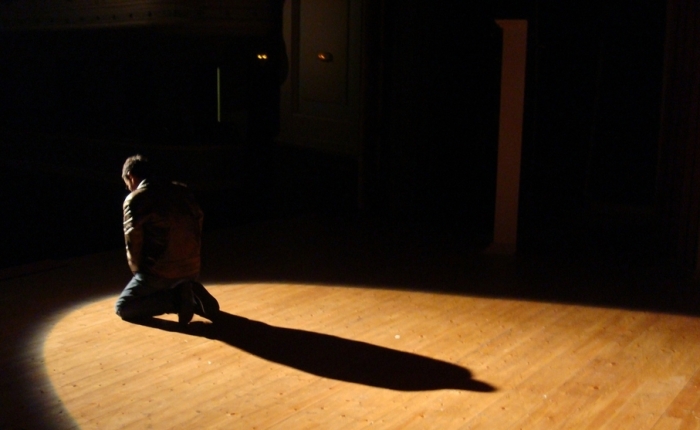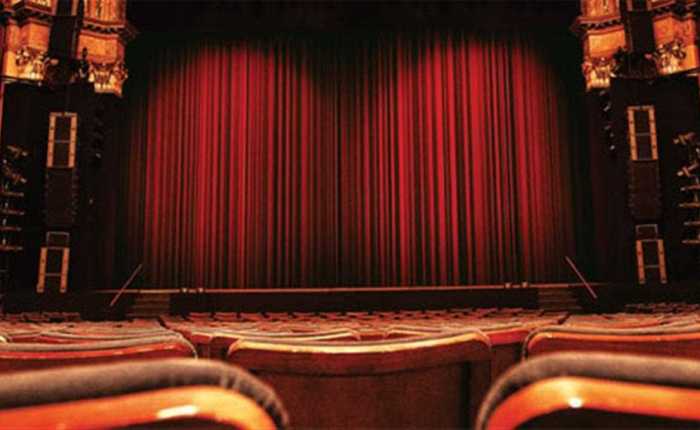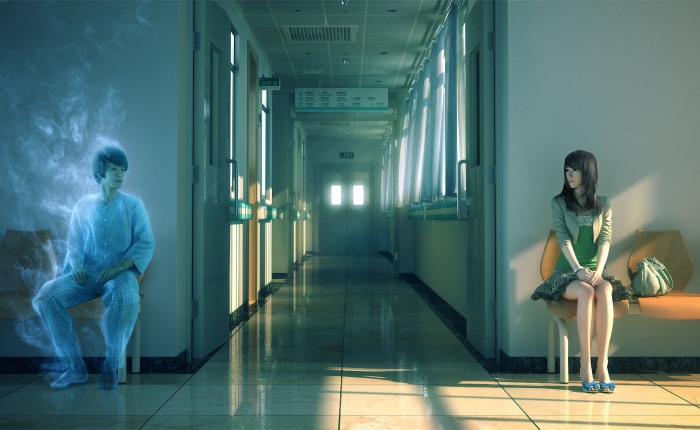Being exposed to one other human being for a long time encourages the mind to grow.
Love is patient, love is kind, and love must learn how to comprehend the human mind in order to survive.
Not everyone gets the opportunity to share their life with someone else and not everyone needs to. But sometimes it motivates us with just the right kick in the pants we need to learn from our surroundings and wrap our heads around just how delicate human nature can be.
For example,
1) You’re Never Going to Agree on Everything
There is so much pressure in this world to find that perfect person. You’ve seen it in movies, heard about it in songs, and it’s been the emphasis of every Disney story since you were a child.
The concept has been romanticized and embellished so much to the point that upon first signs of a struggle, you start to question whether or not you were meant to be at all.
Let’s be honest for a moment.
Fights break out more and more over time. It’s not a sign that things are unstable between the two of you, it’s more a friendly reminder that you’re still two (very) different people.
And that’s okay.
Disagreeing is natural. It’s a sign of maintaining dialogue and it opens the door for compromise which will spark a long and healthy relationship when you’re open to it.
The honeymoon phase doesn’t last forever. We need to forget about this notion that we need to blissfully overlook one another’s flaws and spend our days in la la land in order to be happy – the real world’s not like that, anyways.
Embrace your differences but learn to respect that as much as you might feel your opinion is the better one, so do they.
2) Agree to Disagree
There are many people in your life that you won’t agree with. Thousands. Maybe millions. So my next suggestion might sound a little insane at first: Stop arguing with them.
No, you’re not admitting defeat. No, you’re not going to become a quiet little punching bag in the corner (unless you allow yourself to be).
It’s human nature to want to prove someone else wrong and have them see the world your way but it’s not ever going to be the case because as easy as it is to say “why can’t you ever see things from my perspective?”, chances are that they’re thinking the same thing. And you’re not.
True empathy is incredibly difficult to achieve, particularly when we’re angry and feeling that our voices aren’t being heard. And your partner might be there or they might not but that doesn’t mean that you don’t have to put an effort forth.
Swallow your pride – if only just for a moment – and try to understand that maybe the way that they were raised conditioned them to think in a different way about a certain topic than you. And that’s okay.
Sometimes the best and most mature way to approach an argument is to revert to the sidelines, accept that they have a different opinion and find a positive way to move forward despite those differences while ensuring your own voice is heard.
3) People will Always Look at Things from their own Experiences
Whether it be a romantic partner with a differing perspective of how to raise kids or a racist acquaintance on Facebook you sometimes wonder how you became friends with, sometimes you just-won’t-get-it.
“How could they possibly think that?”
“What’s the matter with them?”
“I was raised this way and I turned out great so…”
Not everyone had the same childhood as you. Not everyone may have had the same shortcomings, the same challenges, or even the same lifestyle.
One is not better than any other and if you wind up falling in love with that person, there’s a reason for that regardless of where you’re from.
That’s why meeting your partner’s family is always such an adventure. And the bigger the family, the better the picture it paints.
The family is almost always the first set of people that someone is exposed to at length and more often than not, the one’s they remember the best since they’ll almost always be around.
See who they respect, who they get annoyed by, who they’re comfortable around and how their habits change around them.
These are the impressions that paved the way for who they are today and while sometimes it might make you uncomfortable, to them, it’s home and it used to be an everyday reality. Embrace it because as hard as you want to love someone, you can’t change their past. It might even give you a better perspective as to how you can best go about loving them more.
4) Get over yourself
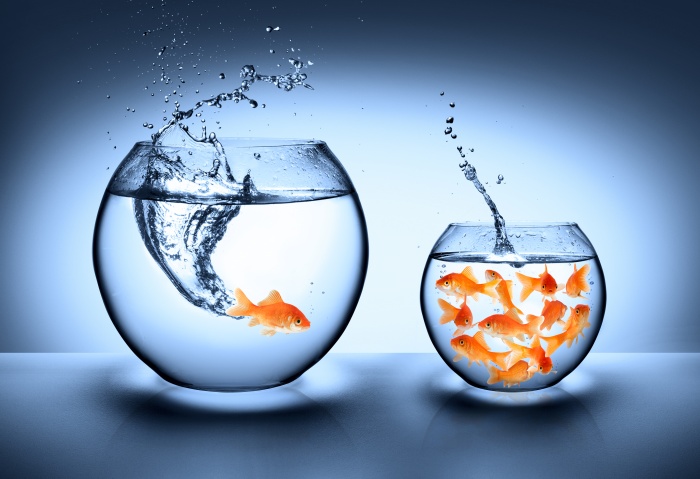
There are over 7.4 billion people in this world. And not one of them will be the same as you.
While this tagline might read like a motivational quote to be the best little snowflake you can be, that’s the exact kind of thinking you should try to get away from.
Stop thinking about the 1/7,400,000,000 snowflakes that is you and start thinking more about the 7,399,999,999 snowflakes that are other people.
About 7.4 billion other people in this world and every single one of them is going through their own challenges, their own successes, and their own separate lifestyle from you. It’s hard to imagine but if you were to drop a pin somewhere halfway across the world and follow any random man or woman from inside their own mind, you would see them interact with people – and it won’t be the same way you would – solve problems – and it won’t be the same way you would – and get frustrated at things – and, surprise, it won’t be the same way you would.
Now what of your romantic partner?
You two might be inseparable, two sides to the same coin, a yin and yang of kindred spirits but even when you’re feeling on top of the world, until you learn that you’re not the only person whose happiness is important, you might not see the small things that could be going on inside your partner’s head.
How was their day at work? Who made them happy or sad or angry or frustrated? How much of that is still replaying in their head even when they get home? How might that manifest within their interactions with you? Maybe 9 days out of 10, they really don’t care that you don’t use a coaster but today their experiences have aggravated them to the point to say something.
There are a million different scenarios that could be playing and responding to the situation with “Well that was rude, you didn’t use a coaster last week!” isn’t going to make a situation lighter.
The same goes with people you might not see every day of your life.
That customer who feels the need to yell at you may have gotten home hoping to surprise their teenage son with a new shirt only to hear he hated it after taking the tags off and is now feeling defeated.
Or the guy who cut you off on the highway may have just been cut off by three other people.
These situations do not justify poor behaviour but they do help you to understand and empathize with where it’s coming from. And in only focusing on how these situations might upset you only helps to perpetuate the cycle of negative responses.
5) Keep it Positive
No relationship can be happy all the time. At some point, we will always feel the need to express our own frustration. That said, it’s worthwhile to make an effort to push positivity back into the room and convince your significant other to do the same.
A healthy relationship is one that keeps the feelings of goodness in the air moreso than the bad.
Celebrate your partner’s successes. Compliment them on how they look. Do things to surprise them. Tell them how much you love them. Recognize when they might need cheering up more than you and share the weight together.
And better yet? Convince them to do the same.
One person showering positivity while the other loathes in self-misery will only result in one person feeling undervalued and overworked and looks more like a one-way relationship. Two people doing it is a team.
6) Communication
They say it in every single self-help romance book and I’m saying it again now.
If you don’t learn how to communicate important concepts with your partner, you will always feel like you’re missing something.
Keep an open-dialogue. A part of that is making sure that both you and your partner feel safe to express whatever is on your mind without fear of starting a fight.
If you bottle the small things up your entire life, you’re going to be 60 years old stuck in a routine and feeling ultimately unfulfilled. Find a way to say what is bothering you so you can address it quickly and force your partner to participate in a dialogue. If they or you won’t listen to compromise, there is going to be a problem.
If things are meant to be, the communication should come naturally. If not, there may be deeper issues.
Which leads to my final point.
7) Love Always
This is probably one of the most difficult concepts to wrap one’s head around especially if you are a firm believer in true love. There might be several soul mates in your life.
However, the one you choose to be with is there for a reason.
The two of you fell in love because you saw something in each other. The two of you continue to grow together because you learn from one another. And ultimately, the two of you will stay together because you understand what it takes to make a relationship work.
“Timing is everything” when starting a relationship because you need to be at the right point of understanding in your life to make it succeed. “The One” right now might not have been the right one for you two years ago because maybe you or they didn’t quite learn these lessons yet.
“The One” last year might have realized at some point that one of these qualities was amiss and things fell apart. That doesn’t mean you didn’t learn the other five qualities in the meantime.
Learning to love is a journey and while it might not always be for everyone – either by choice, luck, or circumstance – it does carry an immense benefit of self-awareness.
Love can be intimate or broad. It can be with one romantic partner or with fifty strangers you meet in a day. It’s not limited to relationships, or family, or friends.
We all have the capacity to learn these lessons and probably many more through our own unique experiences. It’s a part of the ongoing pursuit of happiness.
Love always and love often and you’ll learn to appreciate life a whole lot more.
-per amicus
